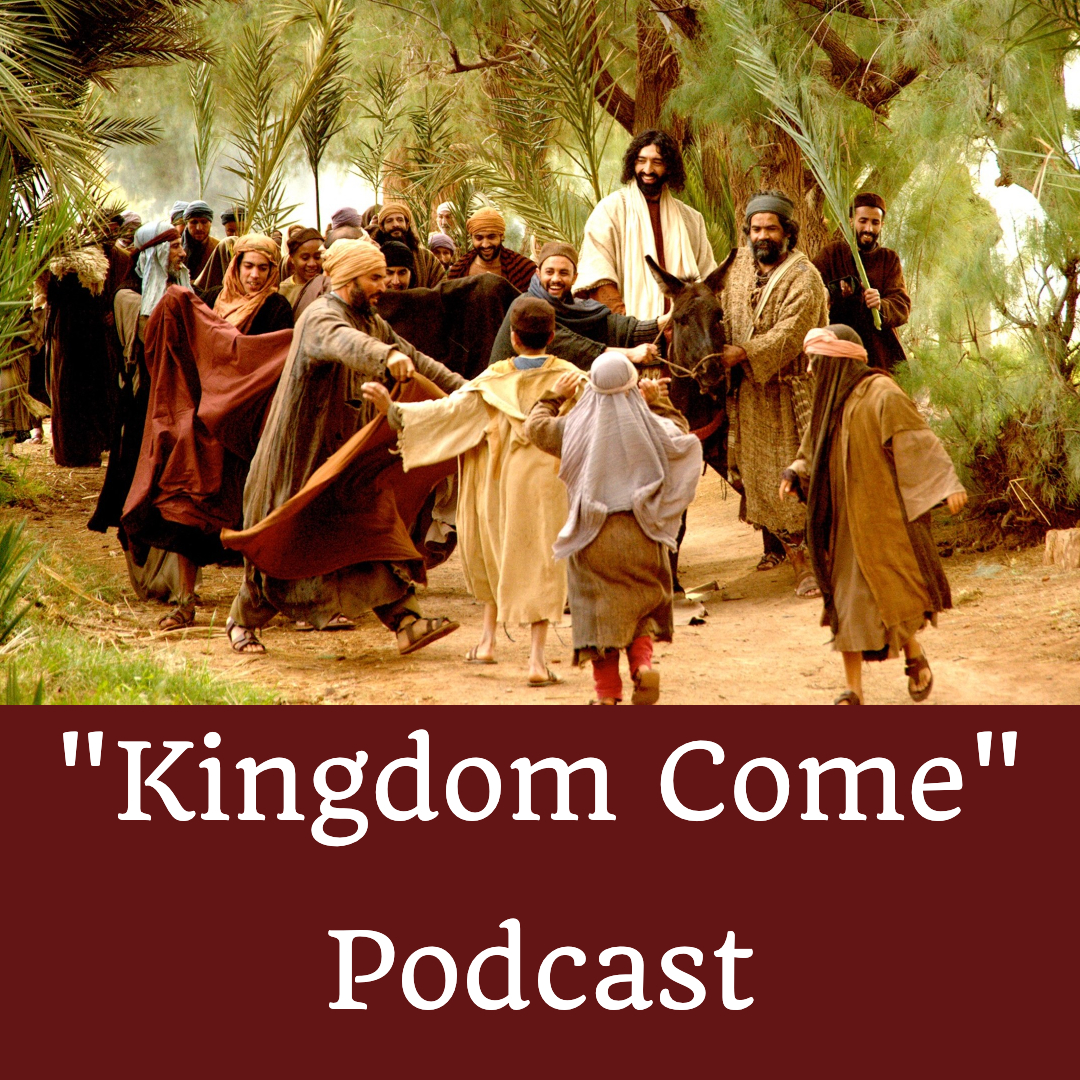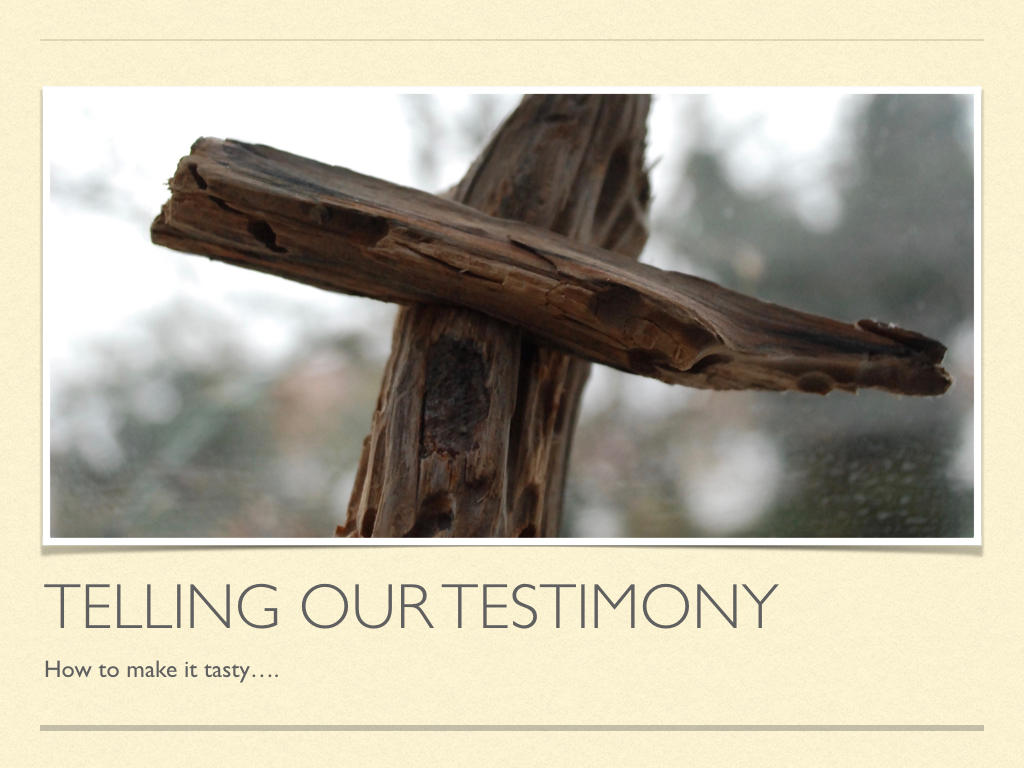Quiet Time Coaching: Episode 111

“Blessed are the meek, for they will inherit the earth.” (Matthew 5:5 NIV11)
What does it mean that meek people will inherit the earth? And how is this connected to the kingdom of heaven? The blessing is paradoxical. The proud, boastful and pushy seem to inherit the earth in our experience.
In this series we are immersing ourselves in the beatitudes – Matthew 5:3-12. We’re trying to figure out what each beatitude means for us practically and how that affects our relationship with God, and in particular, our times of quiet with God.
The reason this is on my mind is because I am preparing a teaching and preaching series for the Thames Valley churches of Christ, and a teaching day for the Watford Church of Christ based on the sermon on the mount.
Join me today as I examine what it means to be meek.
Overview
Jesus seems to be quoting Psalm 37:11, or at least have it in the back of his mind. You might want to read the rest of the Psalm as background to the thinking of Jesus.
Is the position of this beatitude between those who mourn and those who hunger and thirst for righteousness significant? Meekness is required if, having acknowledged my sinfulness, I am going to be humble enough to really hunger after righteousness.
Now let’s look at the specifics.
Meek
What does the word “meek” actually mean? The Greek word is: ‘praus’, meaning, ‘gentle, humble, considerate, courteous’. In Is 61.1 the Hebrew word translated in Septuagint as ‘poor’ is the same as that underlying the word ‘meek’ here. Thus there is a strong connection between this beatitude and the first. This being the case, the meek are also those who are humble because oppressed, those in need who have been humbled, yet will soon receive their reward.
What does meekness look like?
- It looks like Abraham giving in to Lot (Genesis 13).
- It looks like Moses (the meekest man) refusing to defend himself and in choosing to reject the comforts of Egypt – a humble self-emptying made at his own choice (Numbers 12).
- David’s dealings with Saul show the same meek attitude.
- Jeremiah would not give up speaking the message God had given him despite what people were saying about him.
- Stephen at his martyrdom is meekness incarnate.
- Paul is gracious to people and churches who have hurt him.
- Of course it looks like Jesus (Heb 11:24f, Phil 2). He is the ultimate example (same Greek word) – Matt 11:28f. (translated ‘gentle’) & 2 Cor 10:1. Jesus was led as a lamb to the slaughter – not dragged.
How do we look when we are meek?
Someone said that, “Meekness is a controlled desire to see the other’s interests advance ahead of one’s own.” Gal 6:1. Meek people are excellent listeners and learners. They do not seek revenge, but trust God for vindication. However, this does not mean they are weak or easy-going. Meekness is not niceness, laziness, complacency, compromise, tolerance. Meekness and strength go together. One writer put it this way,
“The meek man is one who may so believe in standing for the truth that he will die for it if necessary.”
Fundamentally it’s a very constructive characteristic. There are many positive scriptures about meekness: 2 Cor 10:1, Gal 5:22, Col 3:12, 1 Peter 3:15f, James 1:19-21. A meek person is at peace, because he or she realises he has all things in Christ anyway (2 Cor 6:10, 1 Cor 3:21-23) and so has no need to fight for things. One person said, “The meek are happy, deeply happy in a way to which the big-headed can never aspire.”
Inherit the earth
What does it mean to “inherit the earth”? Is the ‘earth’ here a reference to the new heaven and new earth in the age to come, rather than this one (Matt 19:28, 2 Pet 3:13, Rev 21:1)?. the word biblical commentary makes this point:
“In the present context of messianic fulfillment it connotes the regenerated earth (Matt 19:28; cf Rom 4:13), promised by the eschatological passages in the prophets (eg, Isa 65–66).”
Hagner, Donald A. Matthew 1–13. WBC 33A. Accordance electronic edition, version 1.5. Grand Rapids: Zondervan, 2000.
We know our ultimate inheritance is in the next page and guaranteed by the Spirit (Ephesians 1:13-14). However, there’s no reason to suppose it could not refer to both the here and now and the next age. So many of the kingdom promises contain an element of the present and the future (the “already, but not yet”).
We inherit this present earth in that a truly meek person is wholly satisfied in the here and now. Already content. Not frustrated waiting for contentment to arrive (2 Cor 6:10, Phil 4:11, 1 Cor 3:21).
Someone who is at peace with Jesus has the fruit of a content mind and heart. A meek follower of Jesus is someone who lives amazed and grateful that God thinks of them as well as he does, and treats him far better than they deserve. As a result, they finds great fulfilment in this life and treat others with superlatively gentleness and respect.
Do you find the prospect of growing in meekness attractive? What intellectual, or emotional barriers interfere with developing more meekness?
RETREAT UPDATE
Details of the “Wait for the LORD” retreat are up on my website, where you will find a new page with all the information you should need. Click here to go to the page.
Please add your comments on this week’s topic. We learn best when we learn in community.
Do you have a question about teaching the Bible? Is it theological, technical, practical? Send me your questions or suggestions. Here’s the email: malcolm@malcolmcox.org.
If you’d like a copy of my free eBook on spiritual disciplines, “How God grows His people”, sign up at my website: http://www.malcolmcox.org.
Please pass the link on, subscribe, leave a review.
God bless, Malcolm
PS: You might also be interested in my book: “An elephant’s swimming pool”, a devotional look at the Gospel of John

